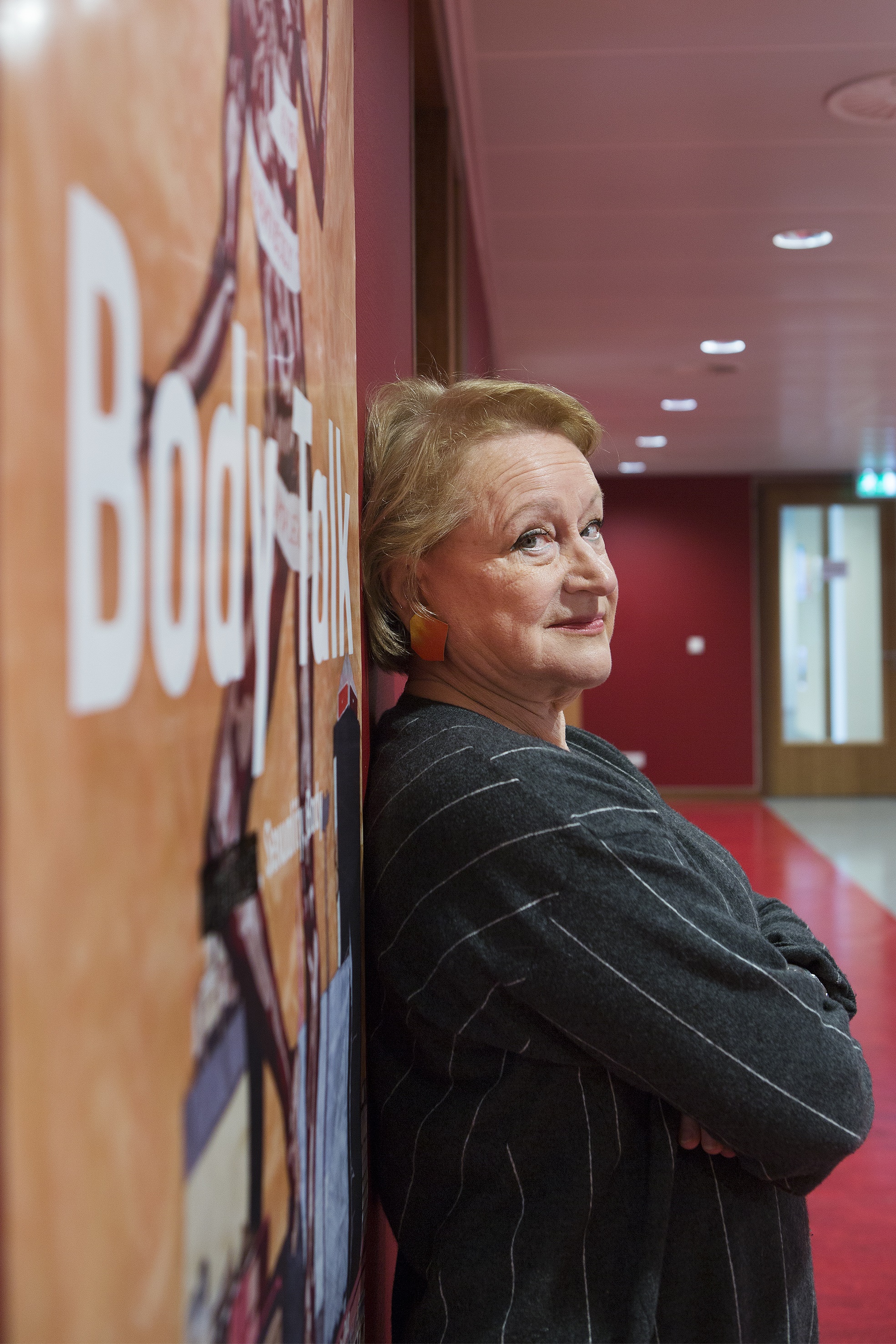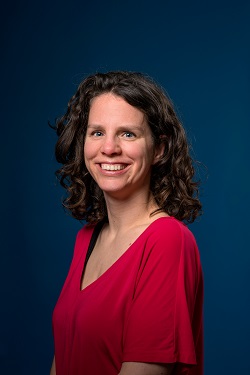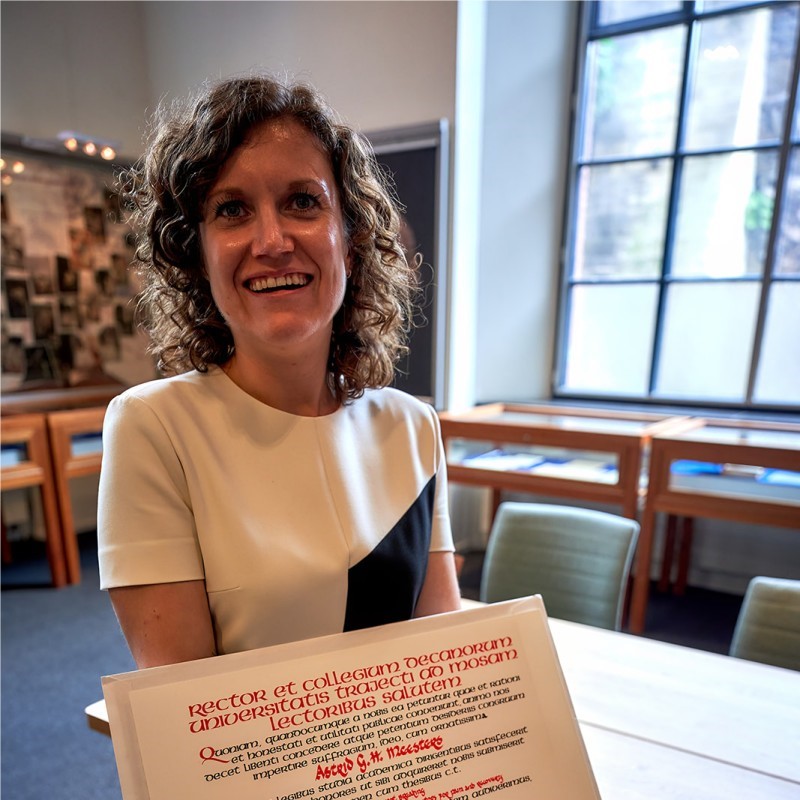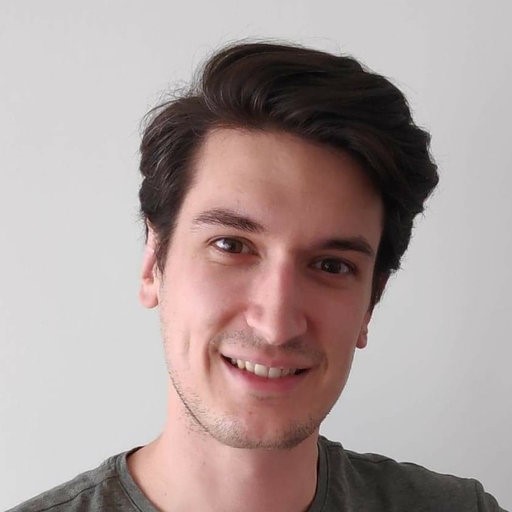Prestigious European research grant for Beatrice de Gelder
How do our brains process other people’s body language? To answer this question, Professor Beatrice de Gelder (FPN, Cognitive Neuroscience) and two colleagues from Germany and Belgium will take a fresh look at how the brain deals with biological information. The European Research Council (ERC) is to award 8.7 million euros to this ambitious research project today. Professor De Gelder will receive a grant of almost three million euros. It is the first time that an ERC Synergy Grant has been awarded to a researcher at Maastricht University (UM).
Body language
Other people’s physical behaviour, or body language, is often our most important source of information to prepare adaptive responses, and it is essential for our survival. How have our brains evolved to process such socially relevant behaviour? In order to discover how the brain processes the physical behaviour of others and how it uses this information to understand intentions, actions and emotions, Professor De Gelder and her colleagues aim to develop a new biological and computer model. The project brings together advanced methods from multiple disciplines, such as the use of virtual reality in combination with fMRI scans, neural and computer modelling, psychophysics, and neurophysiological research. Ultimately, the researchers hope the project will also lead to new knowledge on the nature and diagnosis of certain neuropsychiatric disorders, and breakthroughs in the way computer and robot systems process socially relevant information.
Prestigious
ERC Synergy Grants are the largest and most competitive grants in the prestigious funding programme of the European Research Council (ERC). The grants are awarded to groups of two to four researchers who collaborate closely and use a wide variety of expertise and resources to tackle ambitious research problems. Professor Beatrice de Gelder is to receive the grant jointly with her colleagues Professor Rufin Vogels (KU Leuven) and Professor Martin Giese (University of Tübingen). KU Leuven will coordinate the project.
Also read
-
Nienke Verstegen, researcher at De Forensische Zorgspecialisten, has conducted research on aggression within forensic care and its impact on patients and staff. On July 6, 2023, she will receive her PhD from Maastricht University with her dissertation 'Hurt people hurt people. Characteristics and...
-
Astrid Meesters received her doctorate on Sept. 28 with her PhD research on flexibility and mindfulness as resilience factors for pain and recovery.
-
In his PhD research, Kristof Vandael investigated how this generalization of pain-related avoidance can be inhibited in the lab to help optimize therapy for chronic pain or even prevent the development of chronic pain.



